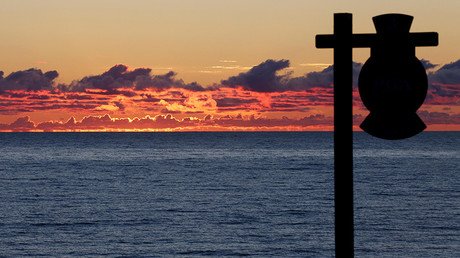India set to start diverting major rivers including Ganges in unprecedented $300bn project
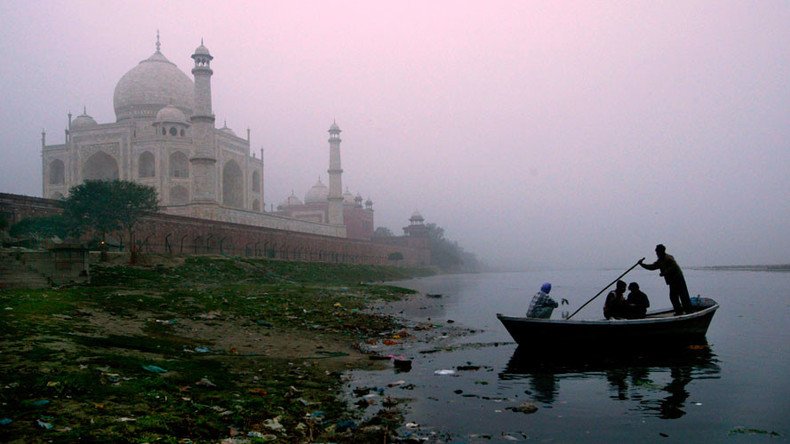
The Indian government is pushing ahead with one of the most ambitious and expensive engineering projects in history, despite staunch opposition from lawmakers, environmentalists and neighboring Bangladesh.
The idea was first conceived by the British in the 1850s, and has been revived several times, only to be definitively approved by the current government of Narendra Modi, which has proudly claimed that it “has done all the work for it.” As a result of the Inter Linking of Rivers (ILR) 30 new canals will be built, changing the course and capacity of some of one of Asia’s greatest rivers, Ganges and Brahmaputra. Estimates for the project, which will take decades, have consistently risen, but the latest go up to 20 trillion rupees ($300 billion).
"Interlinking of rivers is our prime agenda and we have got the people's support and I am determined to do it on the fast track," Water Resources Minister Uma Bharti told the BBC. "We are going ahead with five links of the rivers now and the first one, the Ken-Betwa link in Uttar Pradesh and Madhya Pradesh, is going to start any time now.”
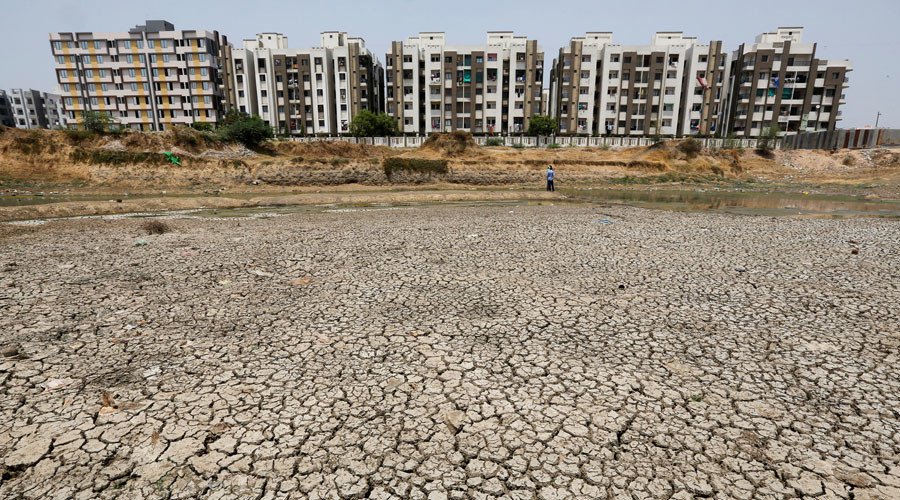
The display of urgency is driven by a second consecutive year of droughts across the country, following a weak monsoon, which has affected over 330 million Indians. The country’s media has been filled with reports of villages on the verge of riots due to shortages, people having to walk marathons for vital supplies, and trains being commandeered to ferry water across the country.
"The water crisis will be there in the future because of climate change but through this we will be able to help the people. The public has welcomed it and they are happily ready to be displaced," Bharti said.
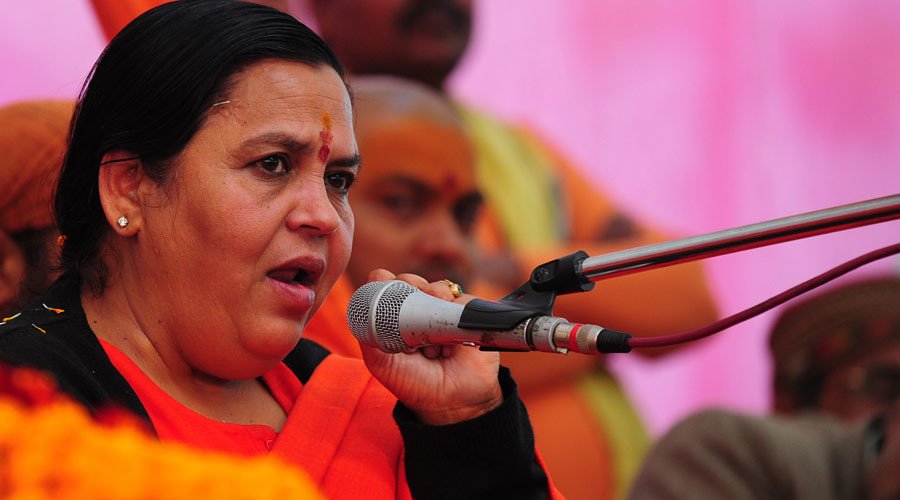
The blueprints for the initial links by the National Water Development Agency (NWDA) have already been submitted to the individual states, which, had in the past been some of the biggest opponents of the scheme, but have been overruled by a 2012 Supreme Court decision, favoring the government’s proposal. The Guardian reports that now authorities are merely waiting for a rubber stamp from the Environmental Ministry to begin work.
Critics at home and abroad
But critics of ILR say that for a project of such scale, it has not been properly planned out, with no real understanding of the ensuing consequences.
"It is even more impossible in the context of climate change as you don't know what will happen to the rivers' flows," Himanshu Thakkar of the South Asia Network for Dams, Rivers and People (SANDRP) told the BBC. "The project is based on the idea of diverting water from where it is surplus to dry areas but there has been no scientific study yet on which places have more water and which ones less."
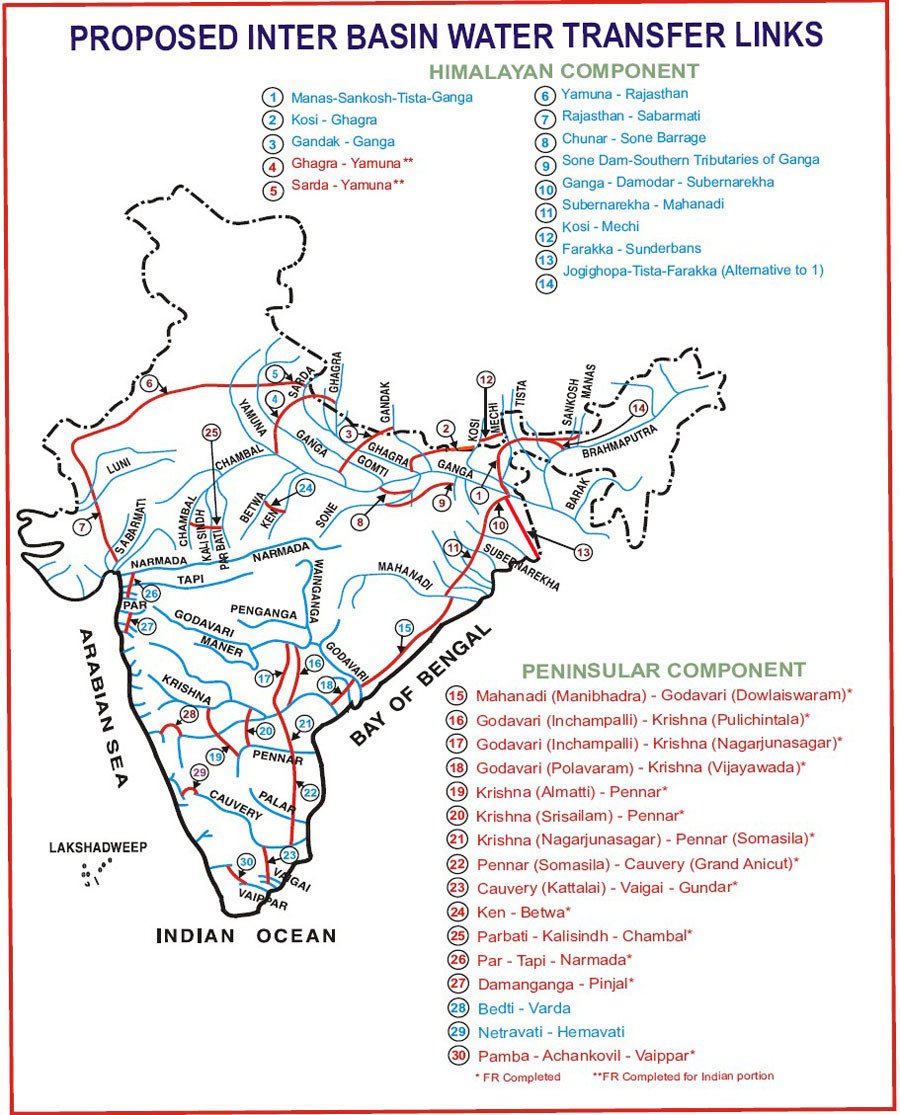
Some believe it will not only be inefficient, but catastrophic.
“The government is trying to redraw the entire geography of the country. What will happen to communities, the wildlife, the farmers who live downstream of the rivers? They need to look at a river not just as a source of water, but as an entire ecosystem. They will have to dig canals everywhere and defy the ecology of the country,” Latha Anantha, from the River Research Centre, told the Guardian.
SANDRP believes that 1.5 million people will be displaced as a result, and 104,000 hectares of prime forested land will be submerged, while the effects on other life forms are unpredictable. Thakkar has also accused the NWDA of manipulating data to justify its plans.
Reservations have come from opposition politicians, and even members of the ruling BJP, one of whom Murli Manohar Joshi, recently said that the plan would be like transferring wealth “from one beggar to another beggar.” The states that stand to lose the greatest water surpluses have also raised dissenting voices, but Bharti has batted their worries away as “misconceptions.”
But an even bigger international battle is brewing with equally water-stressed, but much-poorer neighboring Bangladesh, which has disapproved of the scheme from the start.
“We will ask for data pertaining to our fair share of water. Fifty-four of 56 Indian rivers flow through Bangladesh. So efforts to extract water upstream in India or divert river courses will be cause for worry for us,” said State Minister for Water Resources Muhammad Nazrul Islam, as newspapers have launched outraged editorials. “India is giving a lot of importance to its own people hit by drought, but it must not ignore our rights. I don’t expect India to do that either.”
So far the Delhi has hoped to pacify its neighbor with vague reassurances.
“The Indian government is addressing Bangladesh’s water problems too. We don’t have the details, but we will ensure Bangladesh gets its share of water too,” the Water Resources Ministry said in a statement.
